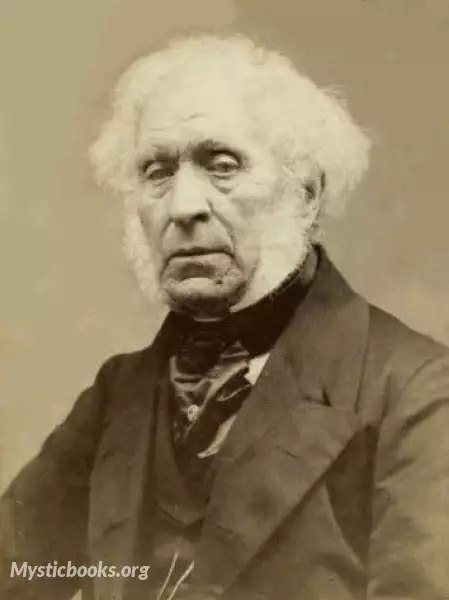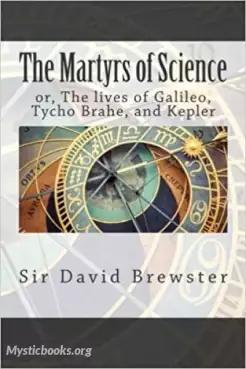
Timeline
Title
Country/Nationality
David Brewster
Sir David Brewster was a British scientist, inventor, author, and academic administrator. In science he is principally remembered for his experimental work in physical optics, mostly concerned with the study of the polarization of light and including the discovery of Brewster's angle. He studied the birefringence of crystals under compression and discovered photoelasticity, thereby creating the field of optical mineralogy.[3] For this work, William Whewell dubbed him the "father of modern experimental optics" and "the Johannes Kepler of optics."
A pioneer in photography, Brewster invented an improved stereoscope, which he called "lenticular stereoscope" and which became the first portable 3D-viewing device. He also invented the binocular camera, two types of polarimeters, the polyzonal lens, the lighthouse illuminator, and the kaleidoscope.
David Brewster was born in the Canongate in Jedburgh, Roxburghshire, to Margaret Key (1753–1790) and James Brewster (c. 1735–1815), the rector of Jedburgh Grammar School and a teacher of high reputation. David was the third of six children, two daughters and four sons: James (1777–1847), minister at Craig, Ferryden; David; George , minister at Scoonie, Fife; and Patrick (1788–1859), minister at the abbey church, Paisley.
At the age of 12, David Brewster matriculated at the University of Edinburgh with the intention of becoming a clergyman. He received his MA in 1800, was licensed as a minister of the Church of Scotland, and then preached around Edinburgh on several occasions. By then, Brewster had already shown a strong inclination for the natural sciences and had established a close association with James Veitch of Inchbonny. Veitch, who enjoyed a local reputation as a man of science and was particularly skilled in making telescopes, was characterized by Sir Walter Scott as a "self-taught philosopher, astronomer and mathematician".
Brewster is buried in the grounds of Melrose Abbey, in the Scottish Borders.
Books by David Brewster

The Martyrs of Science, or, the Lives of Galileo, Tycho Brahe, and Kepler
“The martyrs of Science” gives a brief biography of Galileo, Brahe and Kepler. These three men played a pivotal role in the scientific revolution during the early modern period. This book throws light upon their lives, their scientific achievements,...